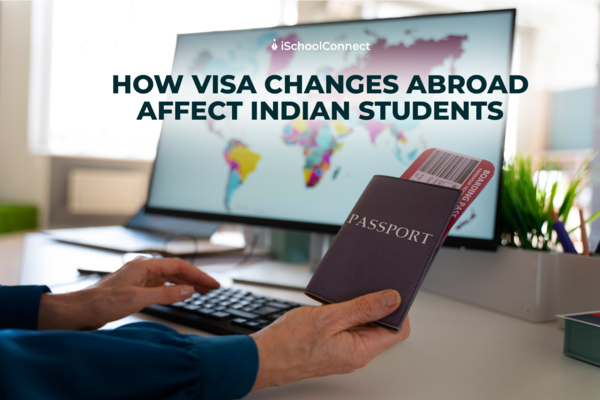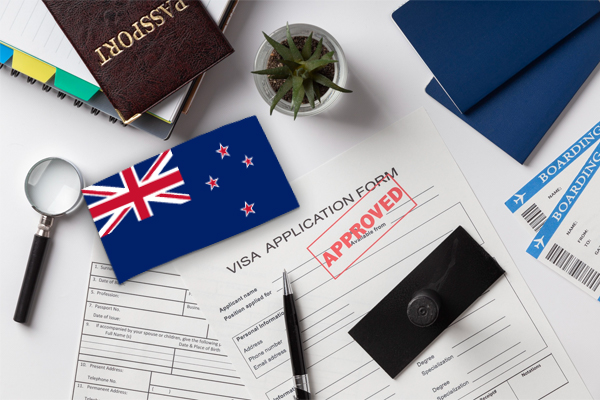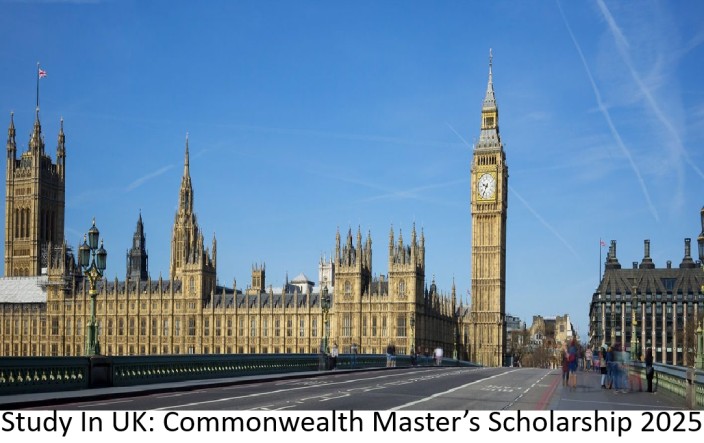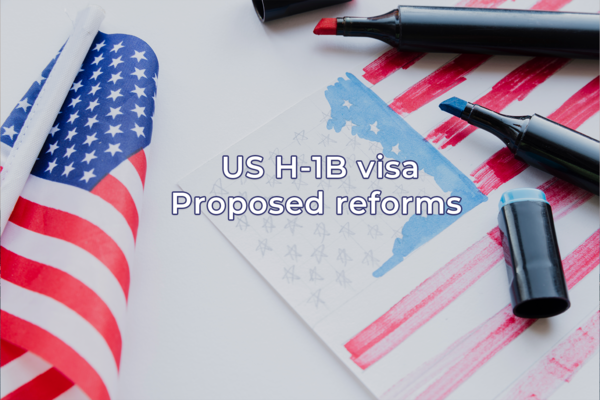Table of Contents
An overview
Significant visa policy changes have been announced by the US, UK, Canada, Australia, and New Zealand. These changes aim to tighten application processes and increase financial requirements. They present challenges for Indian students seeking education abroad. The analysis, curated by News Desk and edited by Shilpy Bisht for News18.com, explores these modifications. It also looks at the impact on Indian students’ academic aspirations.
United States | Stricter Application Process
The US embassy in India has mandated that applicants for F, M, and J visas must use accurate passport information when creating profiles and scheduling visa appointments. Any discrepancy or error in the information provided will lead to canceling the appointment at visa centers. This move underscores the US government’s commitment to streamlining the application process and ensuring the authenticity of applicant information.
Canada | Financial Provisions Overhauled

Canada has made a pivotal shift in its approach to international students by doubling the Guaranteed Investment Certificate (GIC) amount from 10,000 Canadian dollars to 20,635 Canadian dollars. This revision ensures students have enough funds for their living expenses in Canada. It reflects the government’s effort to protect international students’ welfare. The goal is to guarantee students are financially ready for their education journey.
United Kingdom | Fee Adjustments and Restrictions
The UK has introduced several changes affecting prospective students, including a significant increase in visa fees and adjustments to the Immigration Health Surcharge. Starting from 2024, international students will also face restrictions on bringing dependent family members to the UK during their studies. These measures are part of a broader effort to manage the influx of students and align immigration policies with the national interest.
Australia and New Zealand | Enhanced Criteria and Flexibility
Australia has raised the English language proficiency requirements for various visas and increased the financial proof needed for student visas. Additionally, it offers an extension of post-study work rights for graduates in fields of skill shortage. Meanwhile, New Zealand has implemented the IELTS One Skill Retake option, providing a more adaptable route for students to achieve their required language proficiency. These adjustments demonstrate the countries’ dedication to welcoming highly skilled and capable students. By doing so, they aim to ensure that these students are well-prepared to succeed both academically and professionally. Ultimately, these policy changes are designed to align with the educational and workforce needs of Australia and New Zealand, supporting international students in their journey.
Going forward
The recent visa changes in the US, UK, Canada, Australia, and New Zealand represent a significant shift in the international education landscape for Indian students. With increased financial requirements, stricter application processes, and adjustments in post-study work rights, students must navigate these changes carefully. As countries recalibrate their policies to better manage international student flows and ensure the quality and sustainability of their education sectors, Indian students must remain adaptable. Informed and prepared, they need to meet these new challenges head-on. This evolving scenario underscores the importance of thorough planning and understanding international visa regulations in pursuing global education opportunities.






